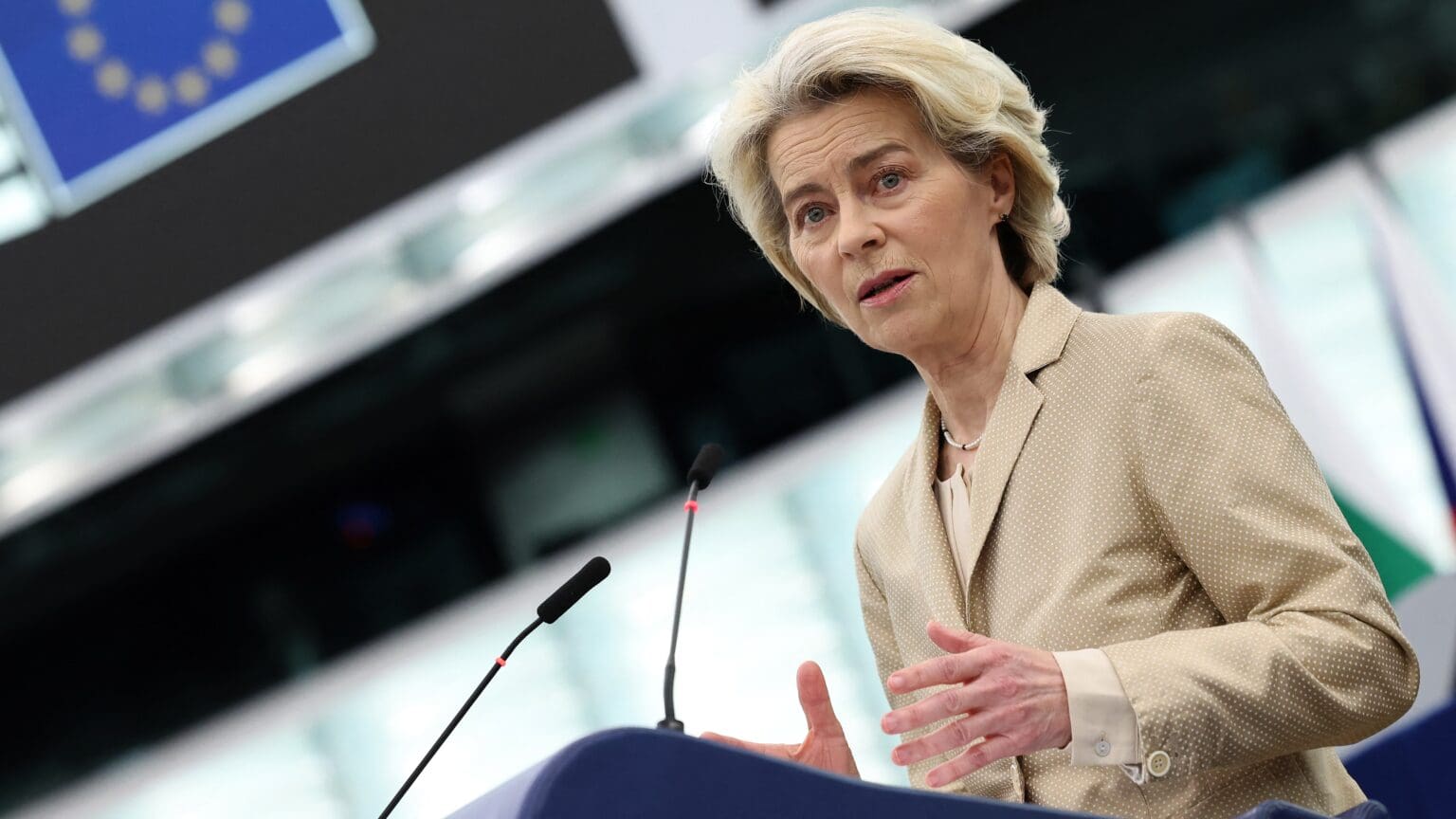
Ursula von der Leyen’s recent remarks have confirmed it that the freezing of EU funds to Hungary was never primarily motivated by concerns about the rule of law. The withholding of the funds has rather been used as a tool to impose a leftist agenda on Hungary, including gender ideology and migration.
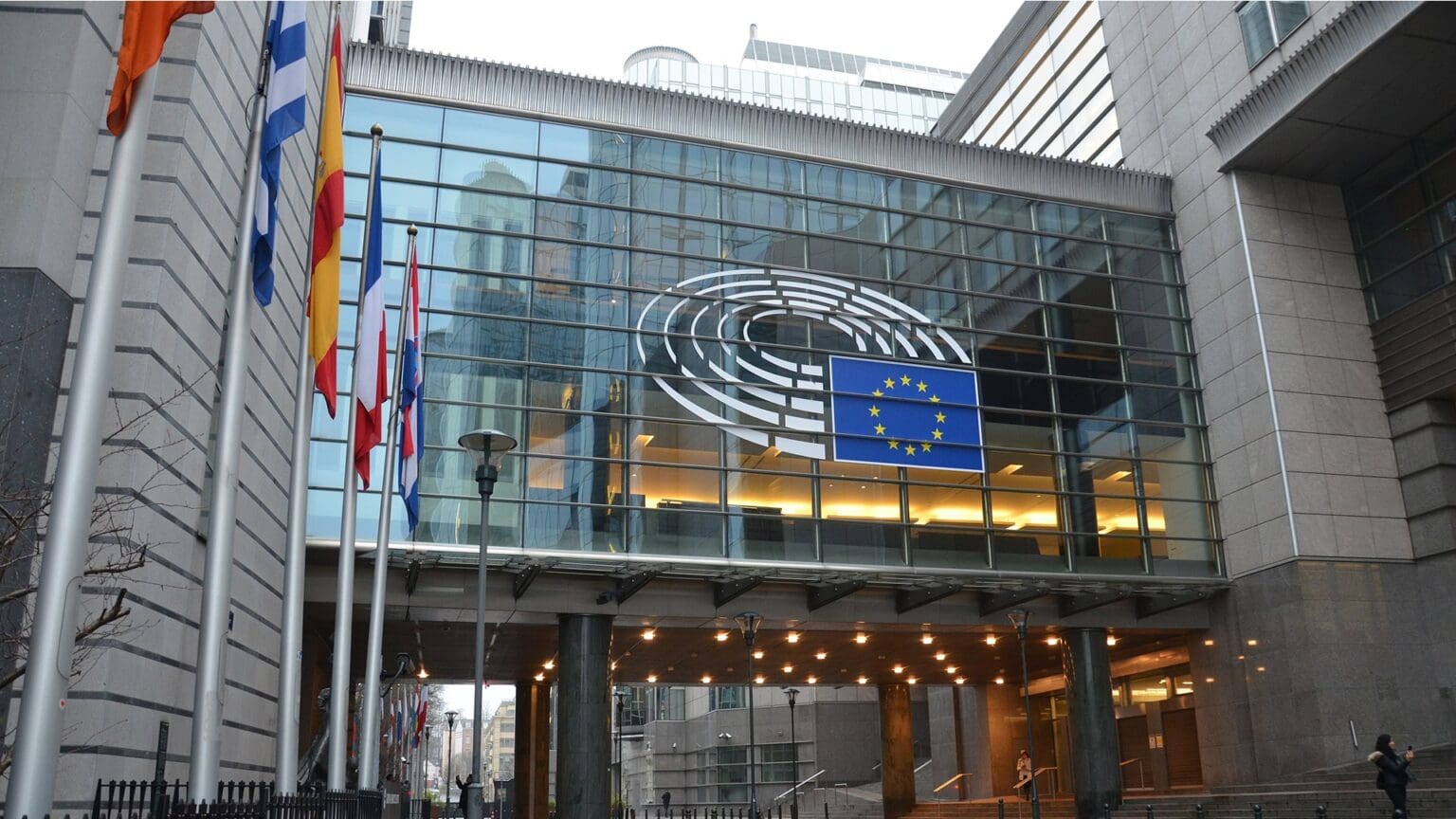
Leftist MEPs added a last-minute amendment to a resolution up for a vote on the European Parliament floor tomorrow in which they declare their intent to sue the European Commission for approving the release of €10.2 billion of the withheld cohesion funds to Hungary.

Despite three other major candidates still in the running on the Republican side, Former President Donald Trump still got an overall majority of the vote, 51 per cent. An easy primary election victory for an out-of-office candidate is a very good sign for the general election as well.
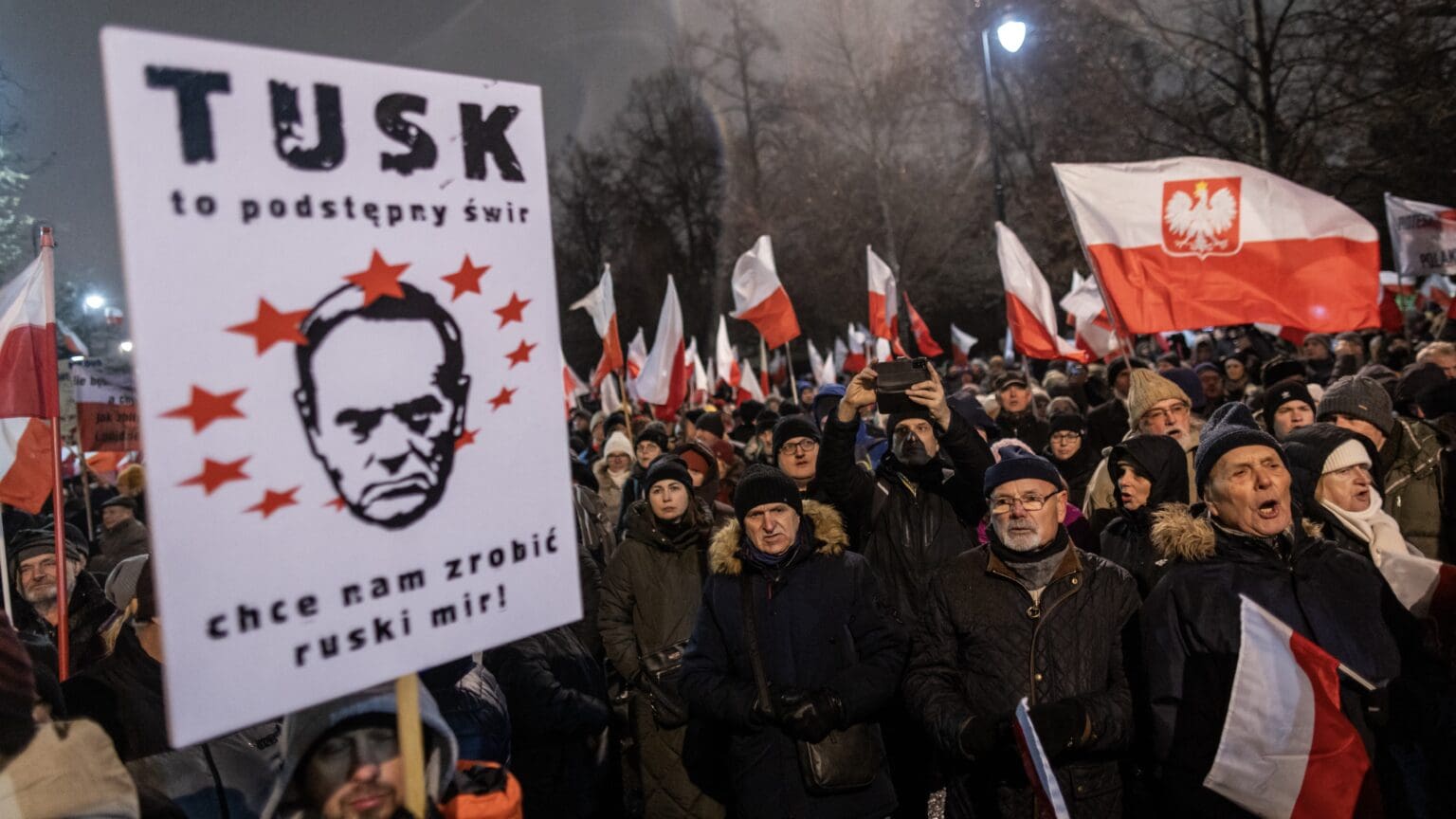
After Poland’s left-wing government launched an overt campaign against the country’s public media, Spanish Socialist Prime Minister Pedro Sánchez is attempting to ban opposition journalists from parliament. The left’s attacks on critical right-wing voices are intensifying, and the Hungarian opposition would certainly not shy away from emulating the Spanish and Polish examples.
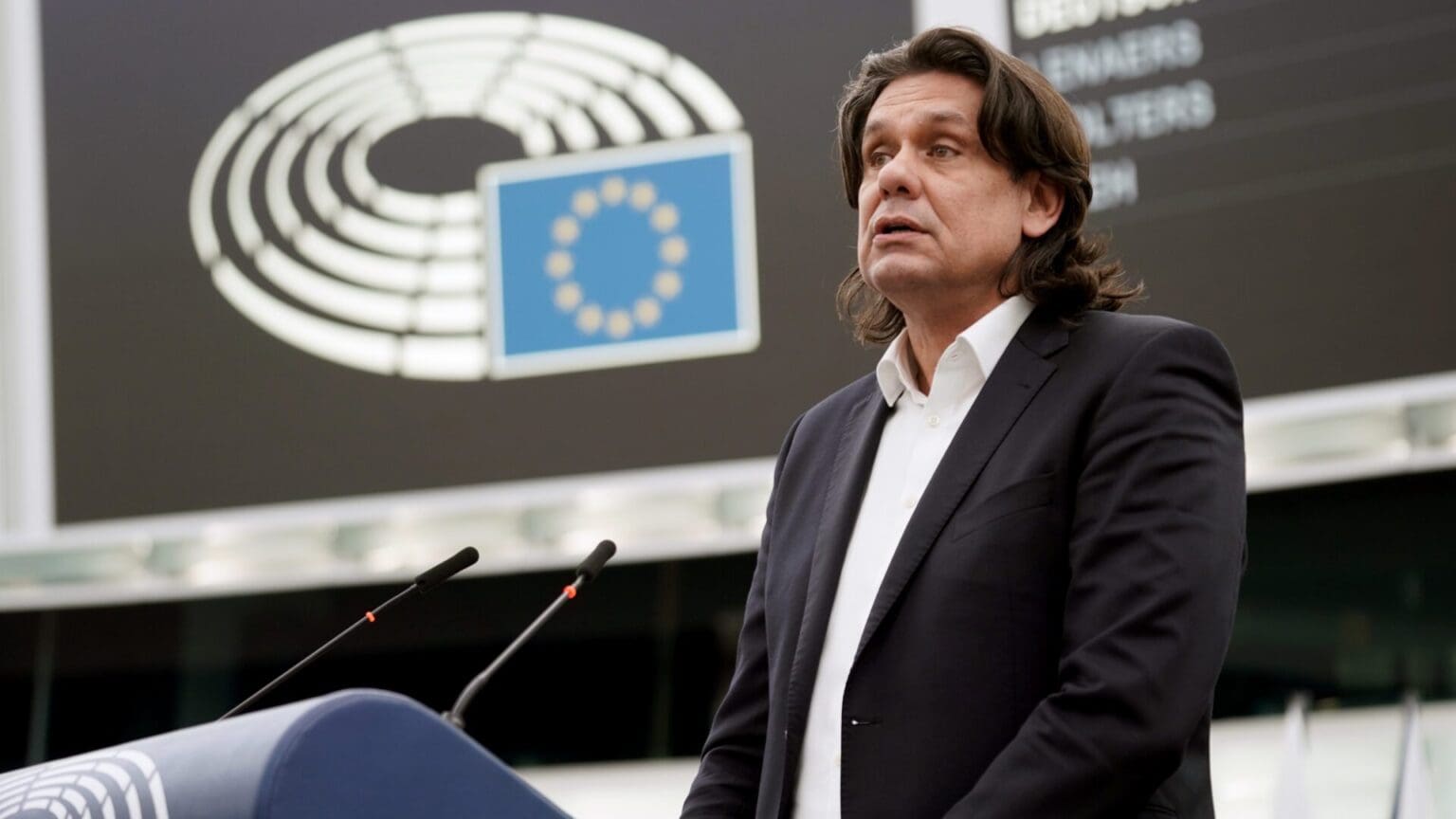
In an interview with public Kossuth radio, Deutsch contended that the Hungarian ‘dollar left’ actively participates Brussels’ illegitimate, coercive behaviour. He referenced former Socialist Prime Minister Ferenc Gyurcsány, who admitted over a year ago in a radio interview that he had supplied fabricated arguments for political blackmail to the Brussels bureaucracy, which served as the basis for initiating legal proceedings against Hungary.

Europe’s left-wing-led countries are being plunged into chaos due to irresponsible political decisions. A situation is beginning to unfold in the West that would be unimaginable in Hungary.
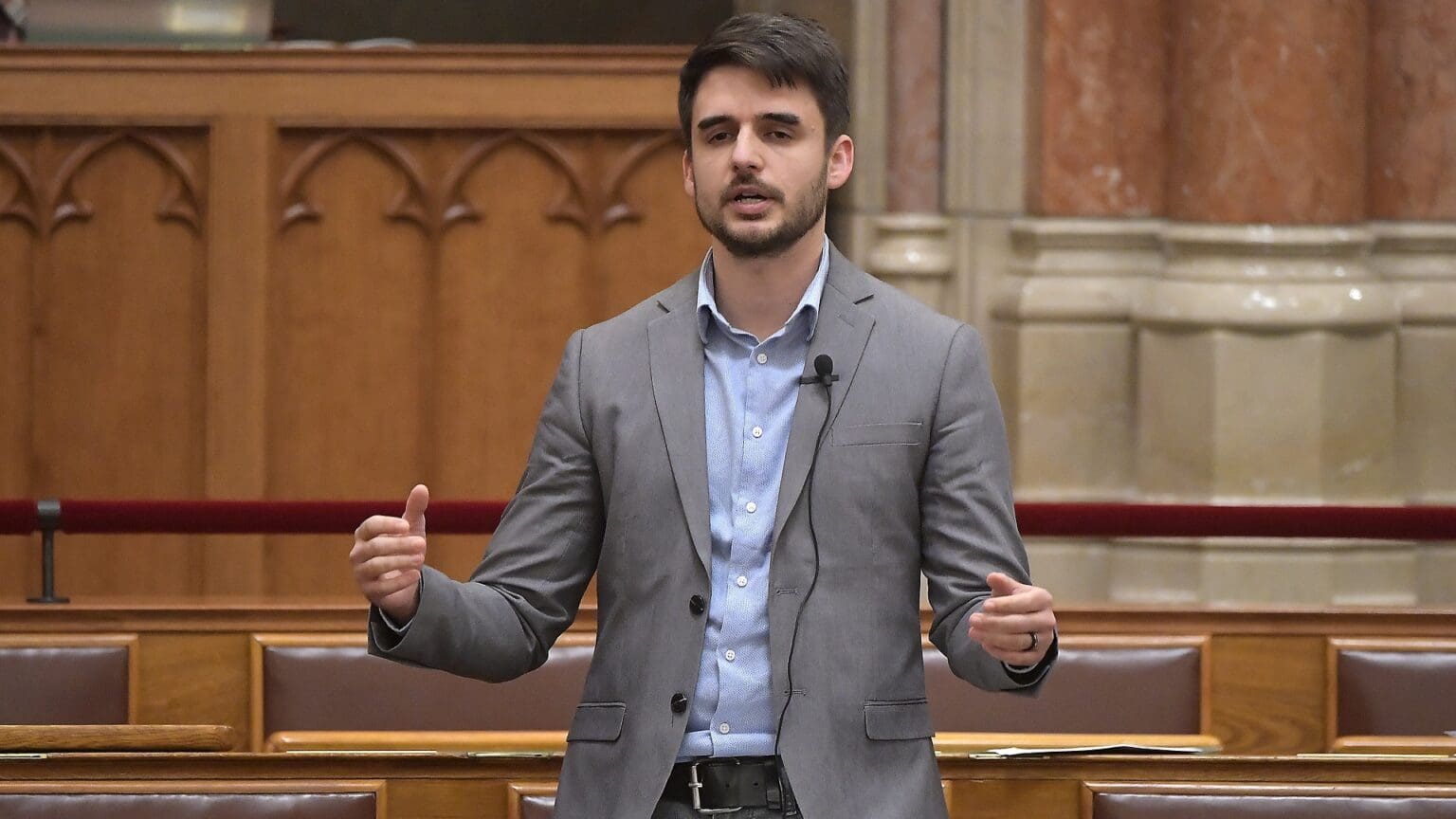
While the new liberal government in Poland has brought the country to the brink of a constitutional crisis within a month, Hungarian MP Márton Tompos from the leftist Momentum party is apparently looking to emulate the Polish Prime Minister, and is threatening with similar retaliation in the low chance of a leftist takeover in Hungary.
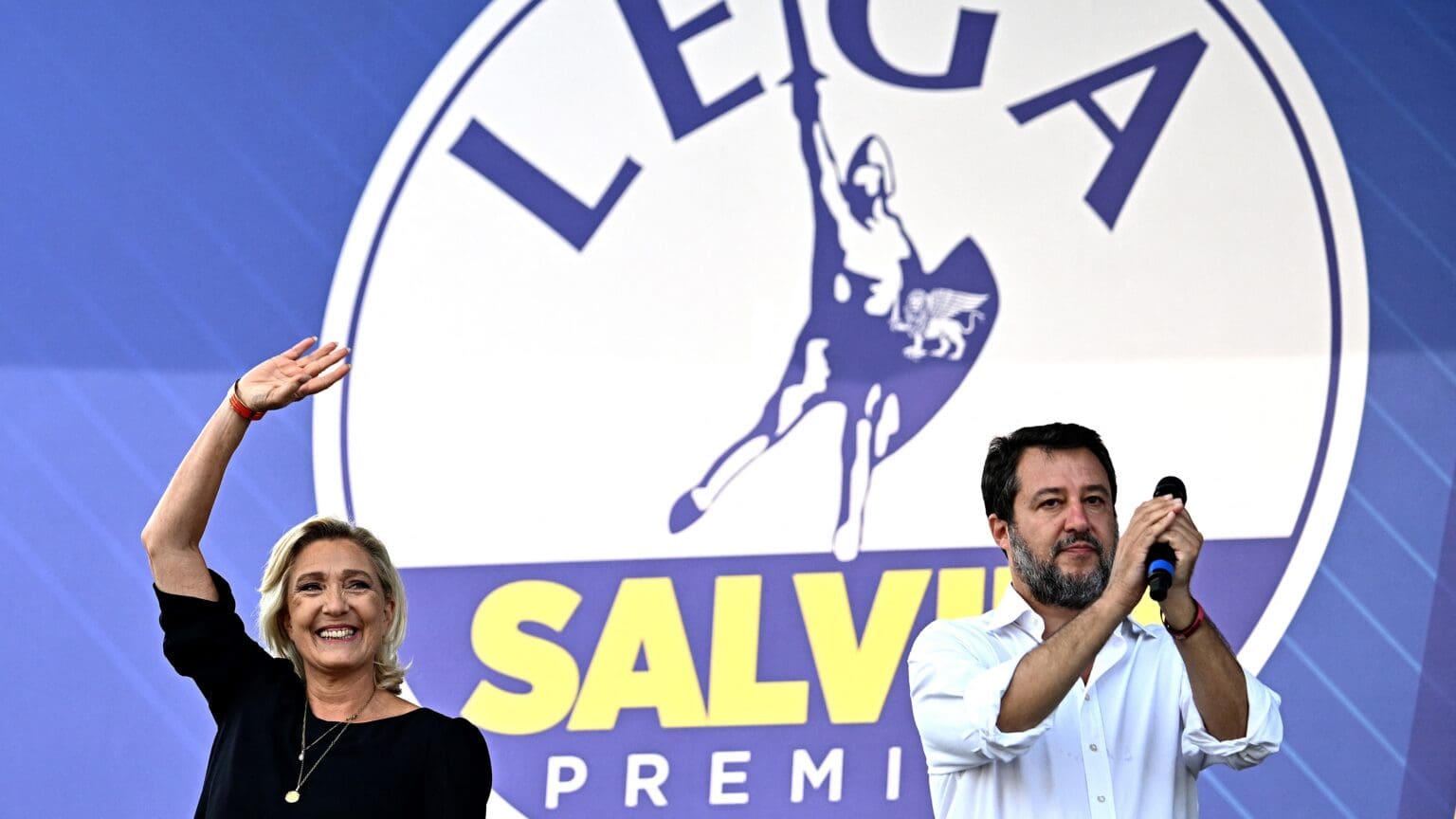
This year marks a pivotal moment for the right-wing parties of Europe, as the anticipated shift in political dynamics is poised to unfold across the continent. In this article, we delve into the prospects and potential for the European right in the year 2024.
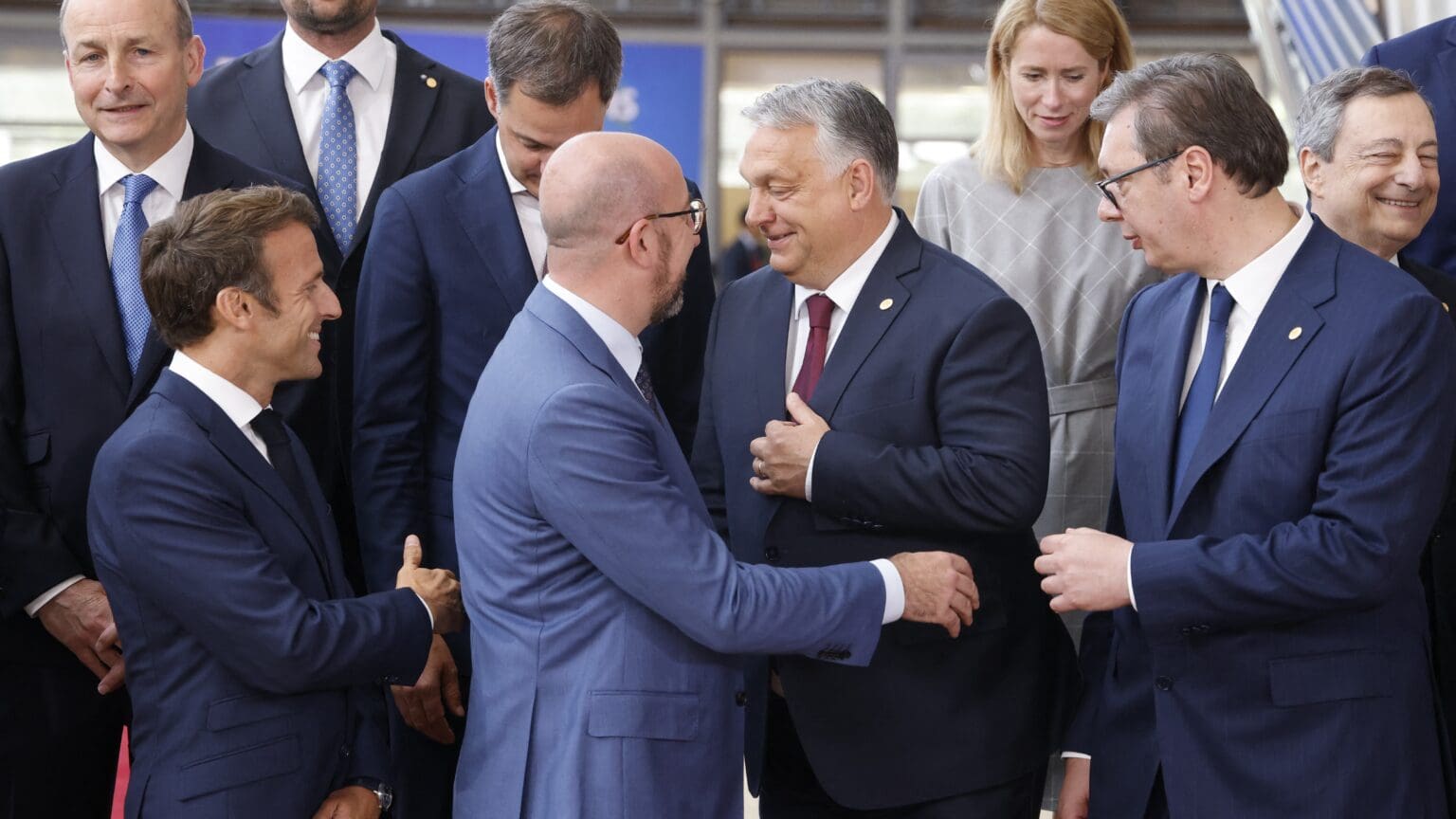
Charles Michel has announced his candidacy for the European Parliament in this year’s elections, leaving his seat at the head of the European Council vacant. This raises the prospect of Viktor Orbán taking up the post, causing panic among the European left.

The international coalition led by Washington appears to be incapable of halting the attacks on transport vessels by the Iranian-backed Houthi militia. The inability to use the crucial Strait of Bab el-Mandeb is having a detrimental impact on world trade, directly and indirectly affecting Europe.
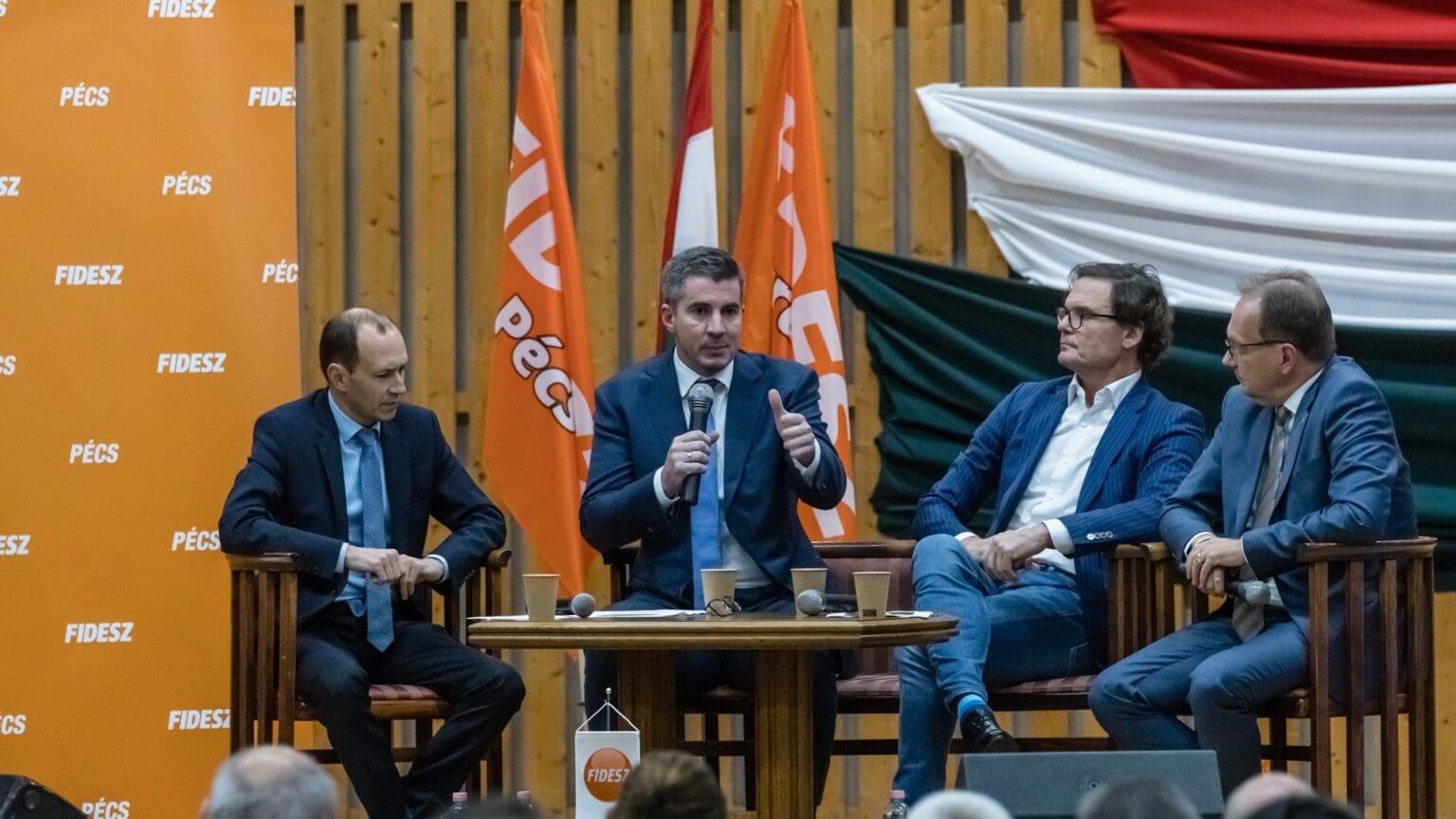
In the year 2023, a political mechanism was broken in Hungary: even downturns and runaway inflation could not dramatically alter the balance of political power.
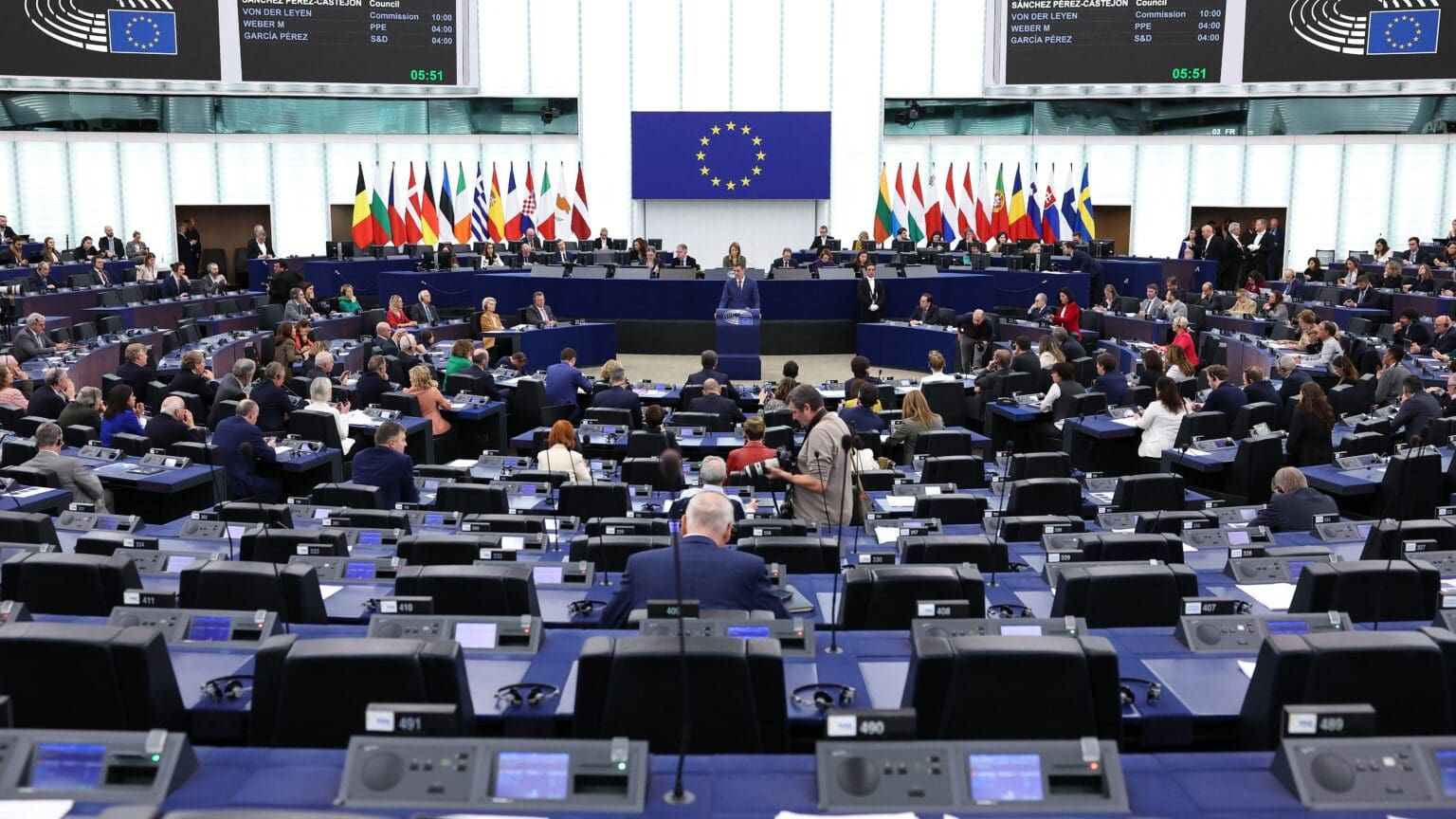
It didn’t take long before the familiar anti-Hungarian voices of Brussels echoed once again in the New Year. Now, yet again, the goal is to obstruct Hungary’s rotating EU Council presidency.
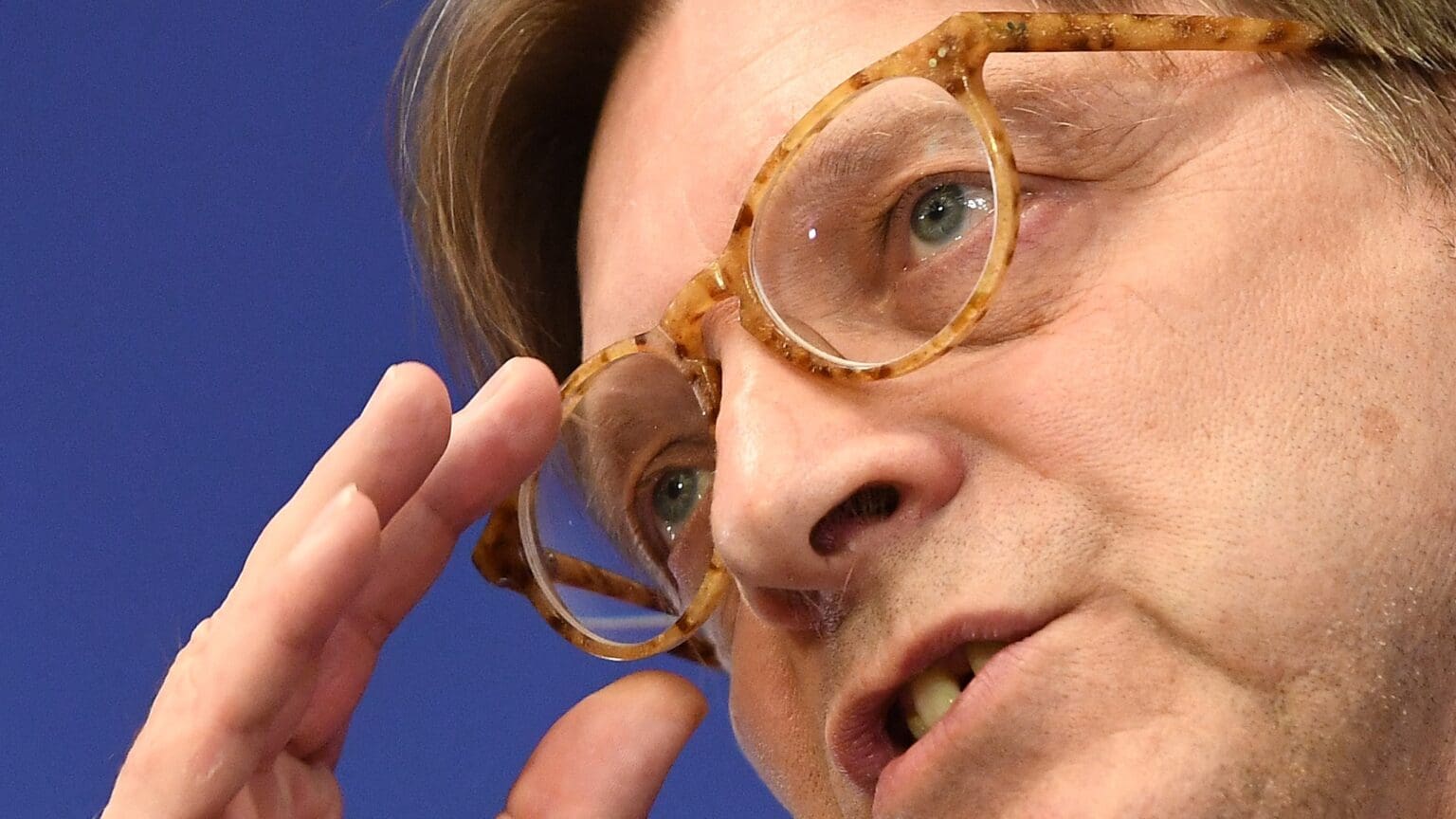
The European Union is not lacking in politicians with negative views towards Hungary. In this article, we have compiled a list of the most notorious MEPs known for their Hungarophobic stances.

Rarely has a single year carried such profound implications for global security and the future as the one that lies ahead. With conflicts erupting across the globe, the foundations of the international order are being relentlessly tested. Compounding
these challenges, 2024 is marked by the impending presidential elections in two formidable and opposing powers, the United States and Russia. Similar gravity can be attributed to the European Parliament elections scheduled for the same year, where a realistic opportunity exists for the reinforcement of right-leaning forces.
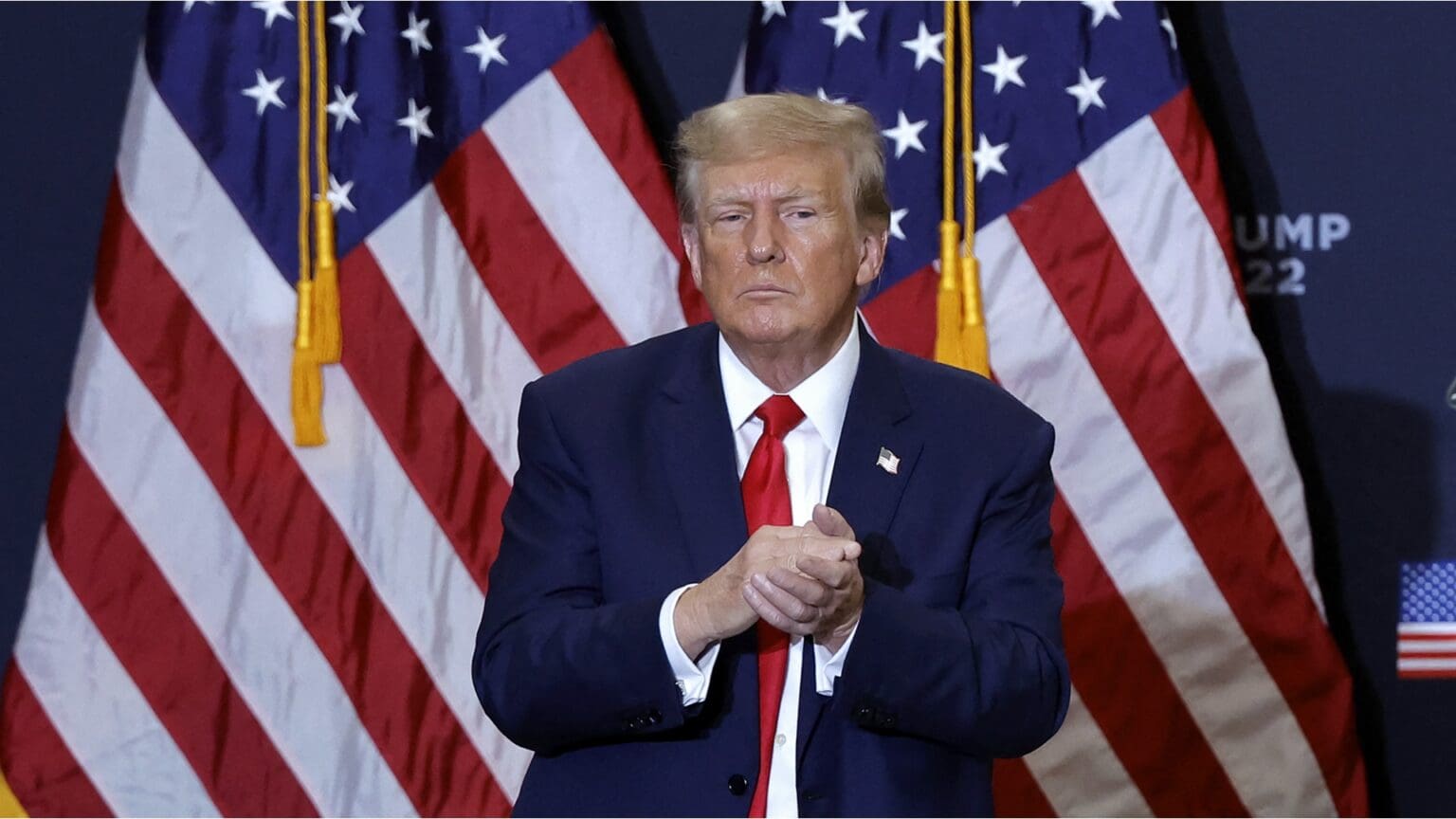
In a 4–3 decision, the Colorado Supreme Court ruled that former POTUS Donald Trump’s name cannot appear on the ballot for the Republican primary election in the state in March, as, according to their interpretation, he engaged in an insurrection in January 2021. The Trump campaign has already announced that they would appeal to the US Supreme Court; and Hungarian Foreign Minister Szijjártó has denounced the decision.

‘Europe should have woken up already when millions of people swarmed through its borders, and absolutely nothing was done, with the responsible agencies simply welcoming migrants and not enforcing border control,’ Israeli security expert Or Yissachar told Hungarian Conservative.
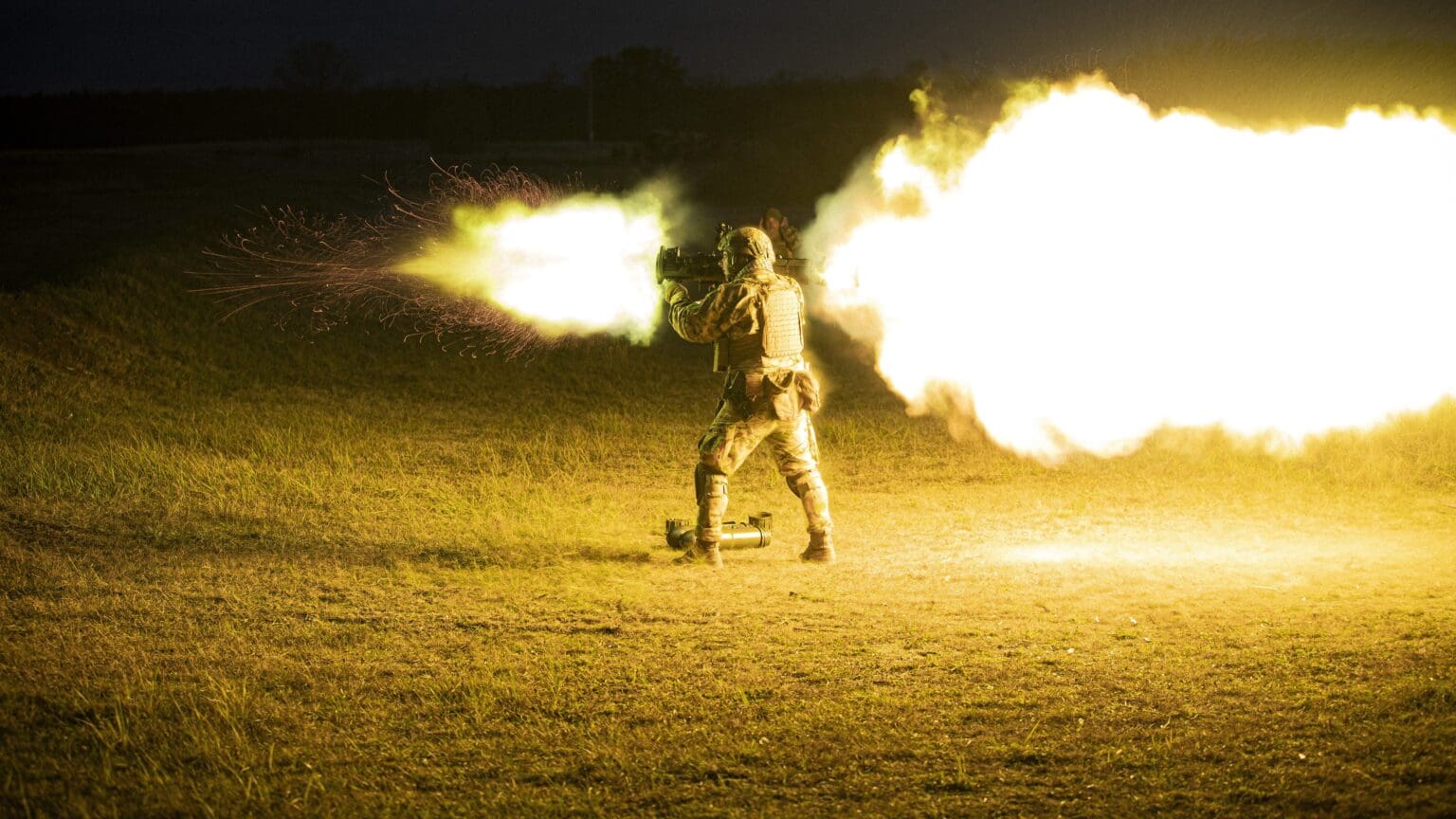
The establishment of a common European defence ministry would not immediately resolve all problems. As no concrete details are currently available about the idea, significant conclusions cannot be drawn. What is certain, however, is that joint procurement, coordinated development and production could significantly enhance the competitiveness and capacity of the European defence industry, and a robust defence industry stands as the most crucial pillar of the continent’s security.
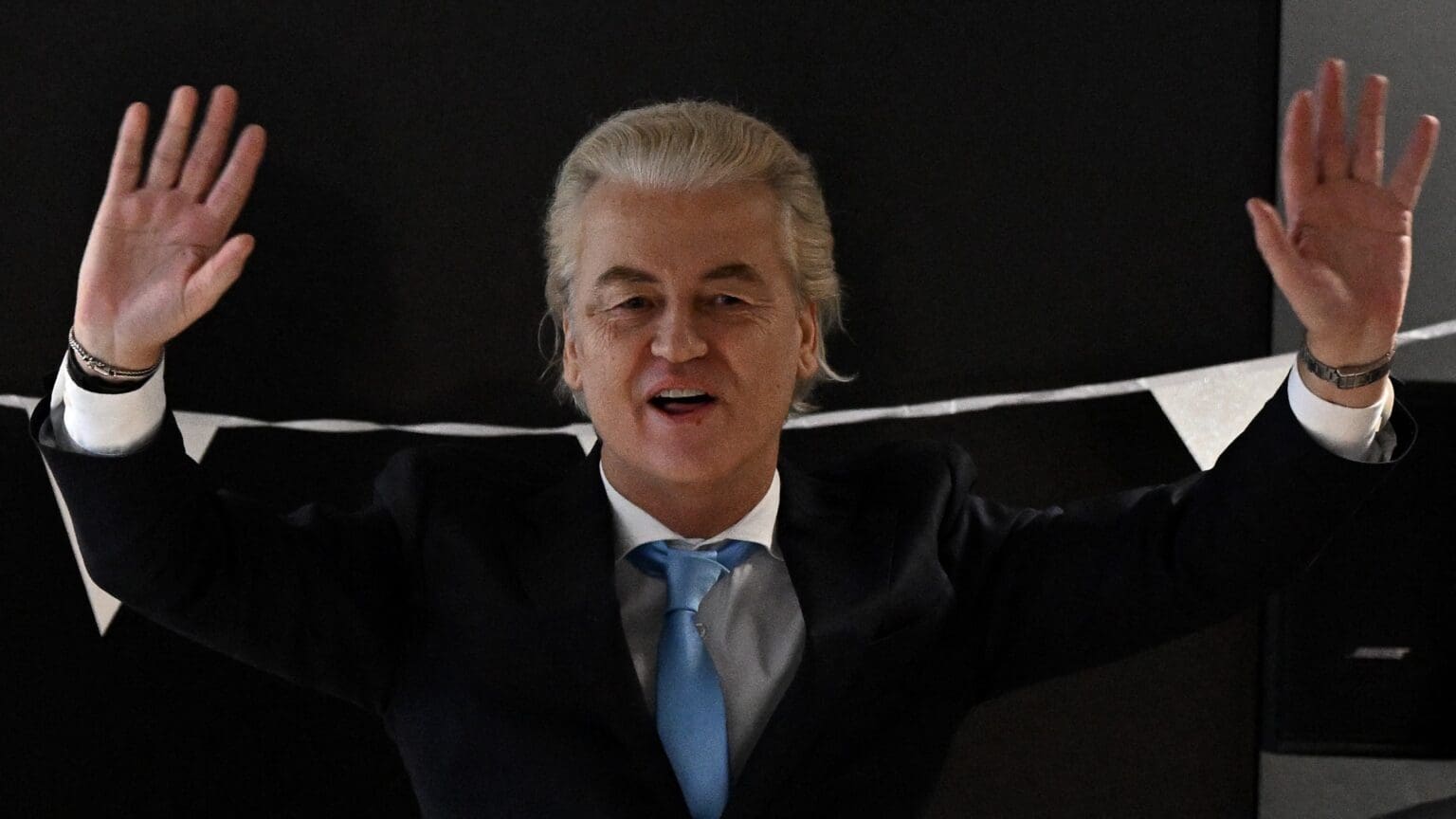
Geert Wilders has reached the peak of his 25-year political career. However, the Party for Freedom, which does not even have a quarter of the seats in parliament, will need to find several coalition partners to win a majority. Can it be done?
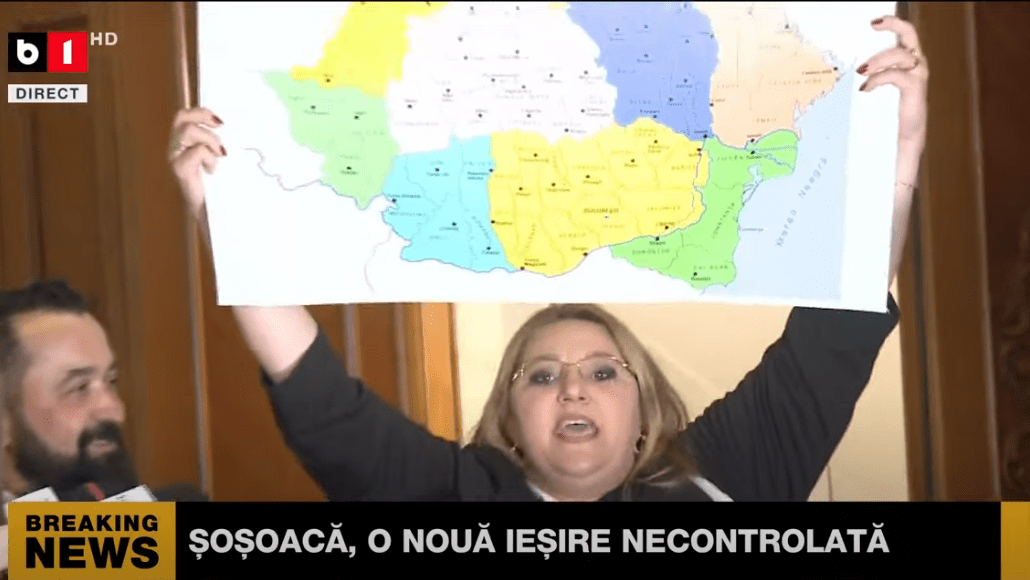
Senator Diana Șoșoacă, who recently had to form her own party after being expelled from her old group, shouted anti-Hungarian slogans while Senator Turos from RMDSZ, the party representing ethnic Hungarians, was making a speech about what the 1 December holiday meant to the Hungarians living in Transylvania.
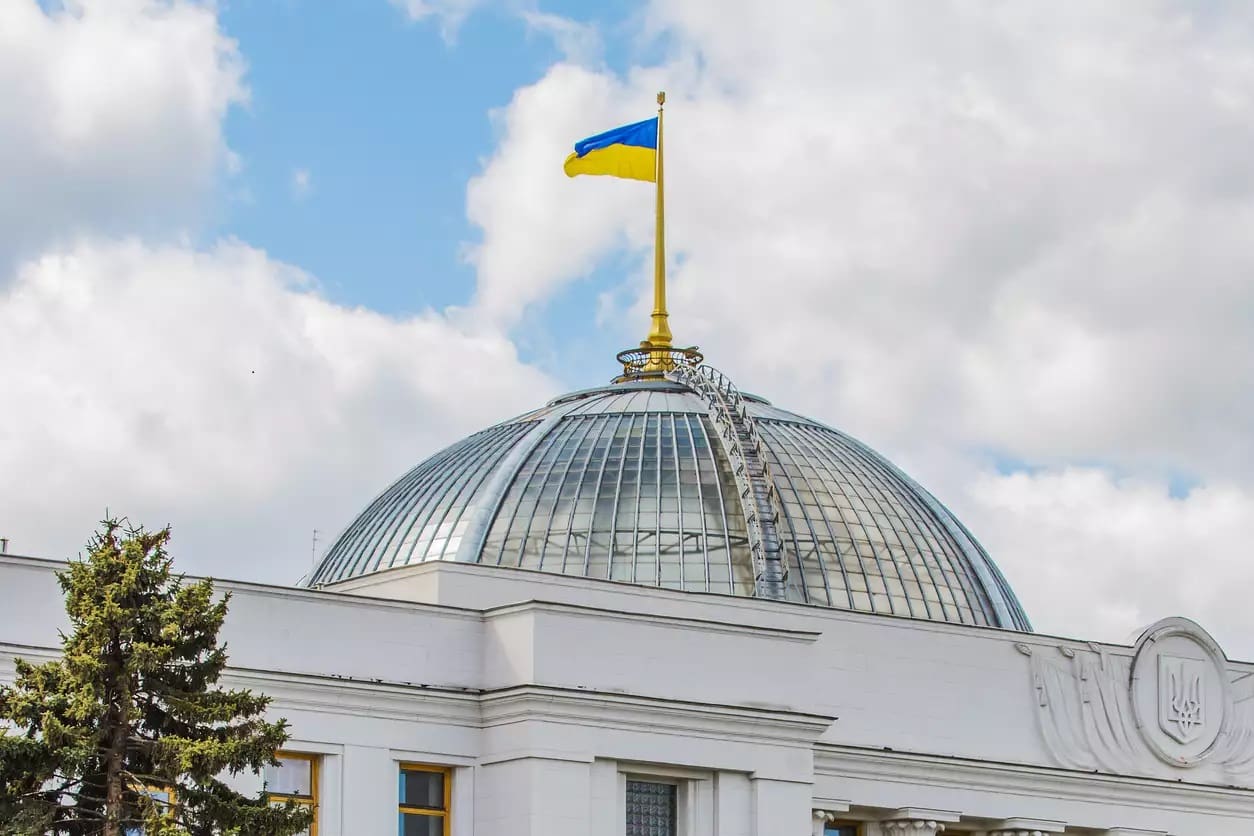
Ukraine may amend its legislation restricting minority rights, and the new initiative appears to be a praiseworthy improvement. However, the draft regulation concerns only the recognized nations of the EU, intentionally excluding Russians and Russian speakers.
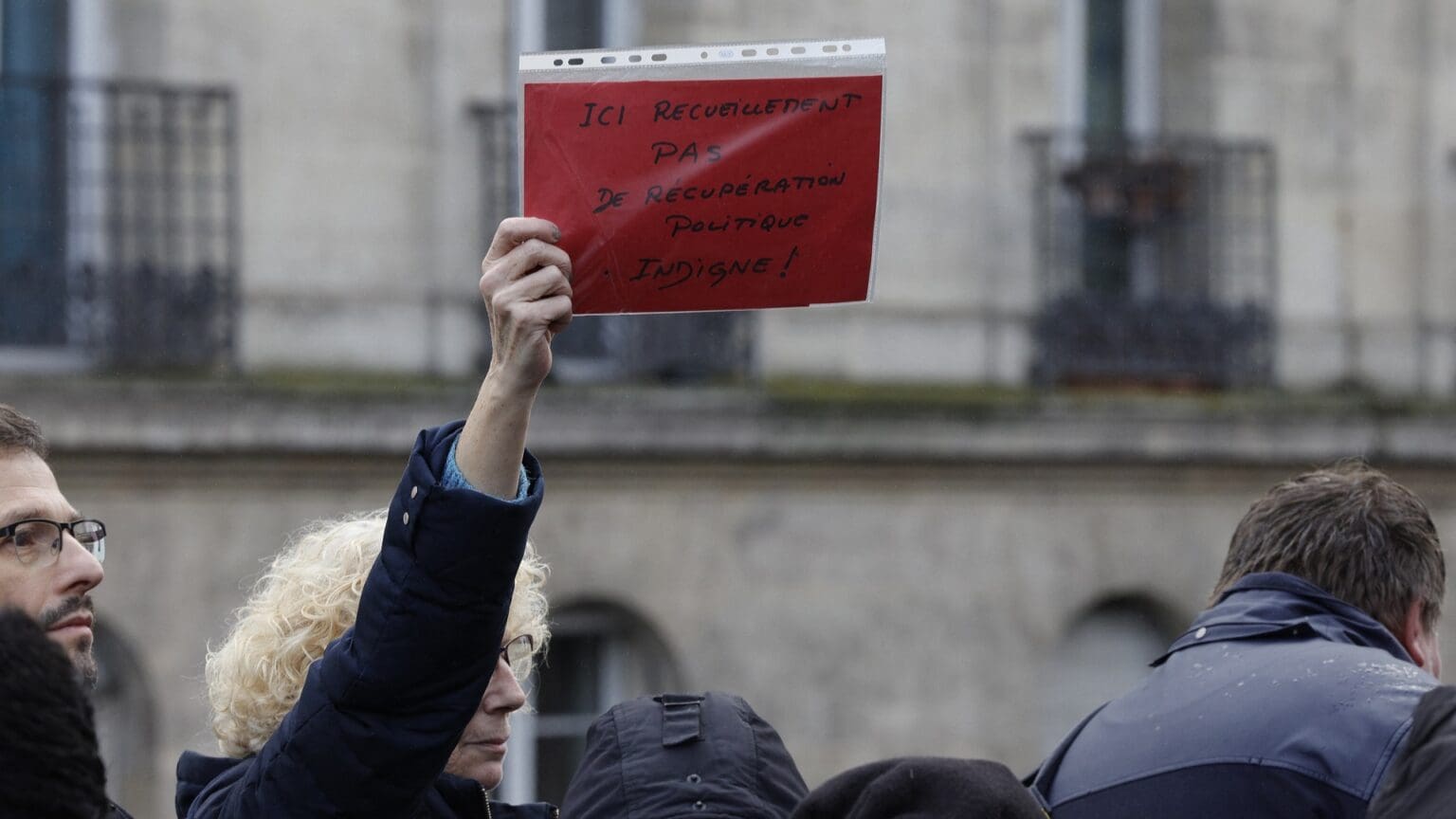
AFP is one of the three major global news agencies. Yet, in their paid photo library service, images of a major march against antisemitism that took place on 12 November in Paris, France are not available (or at least not searchable), but photos of a much smaller event happening on the same day, organized by the left-wing LFI party are. In addition, the results of search keywords related to the Israeli-Palestine conflict also give curious results.
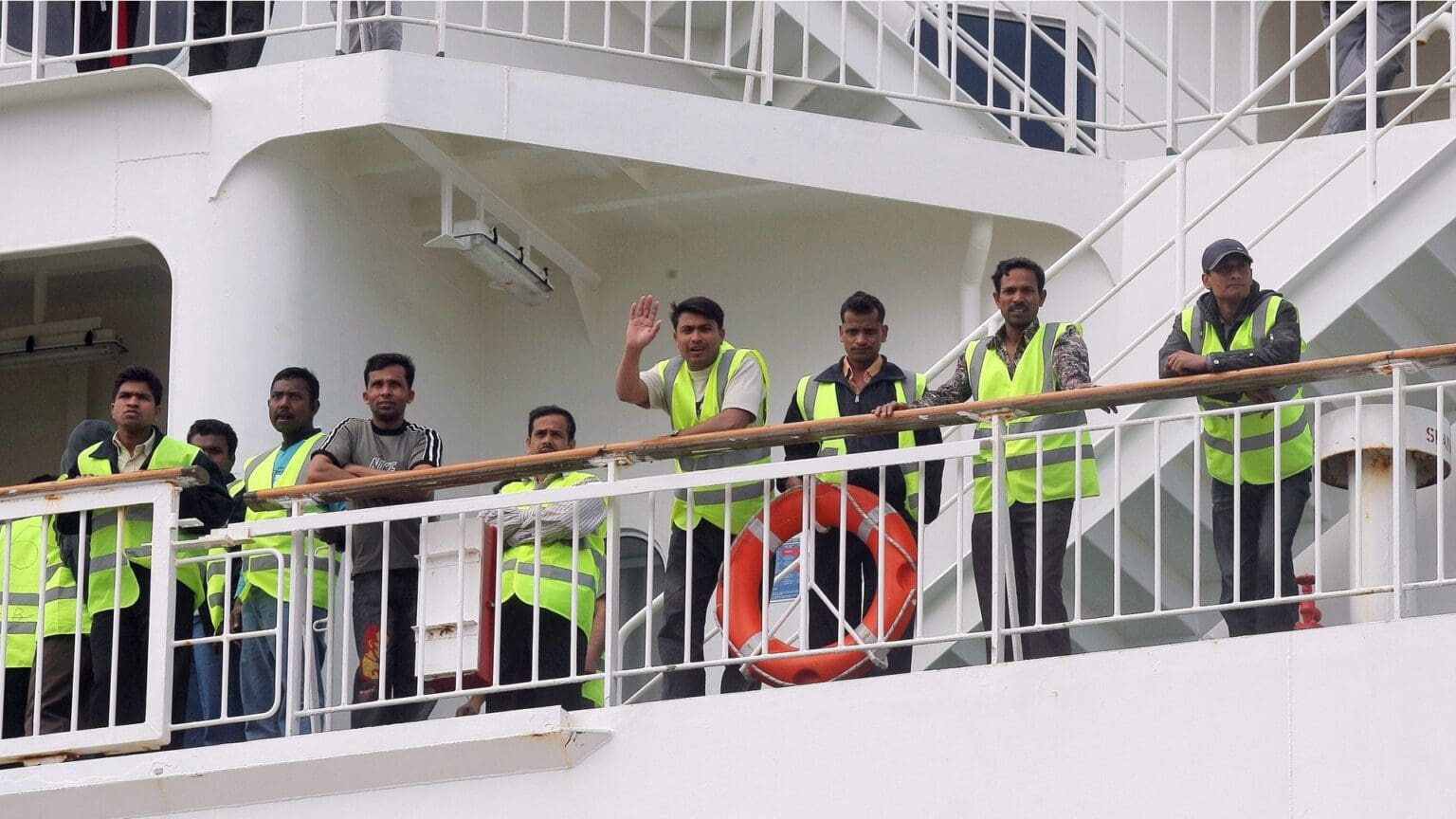
The new Hungarian draft law laying down general rules on the entry and residence of third-country nationals is an unprecedentedly strict piece of legislation, not only in Europe but also globally, to regulate the employment of workers from outside the European Union.
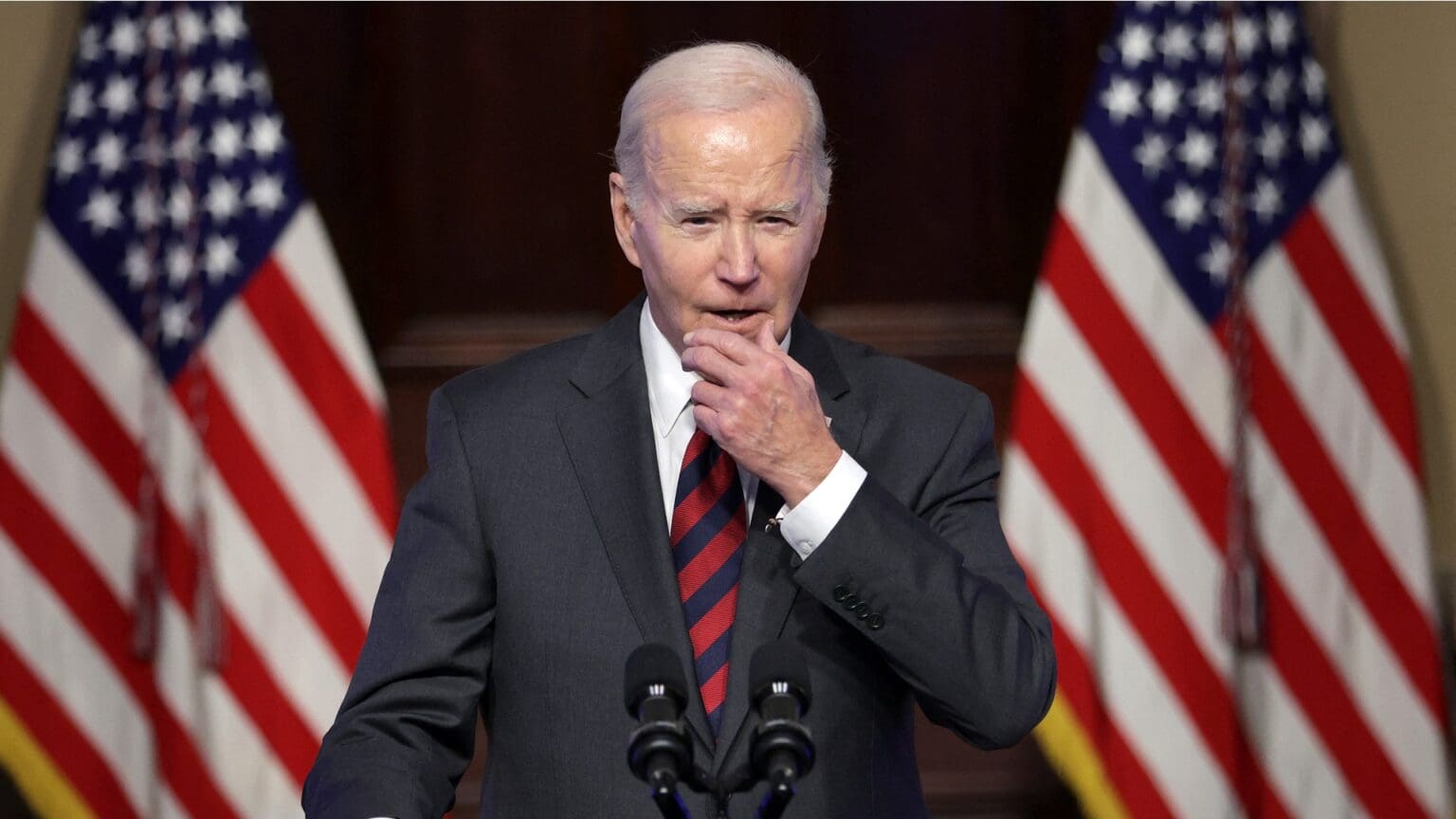
President Biden has to fight off multiple challengers from left-wing third-party and independent candidates, and attempt to turn around a very low approval rating of his economic policies. In light of the most recent polls, even some in his own party are questioning whether he should run for re-election next year.
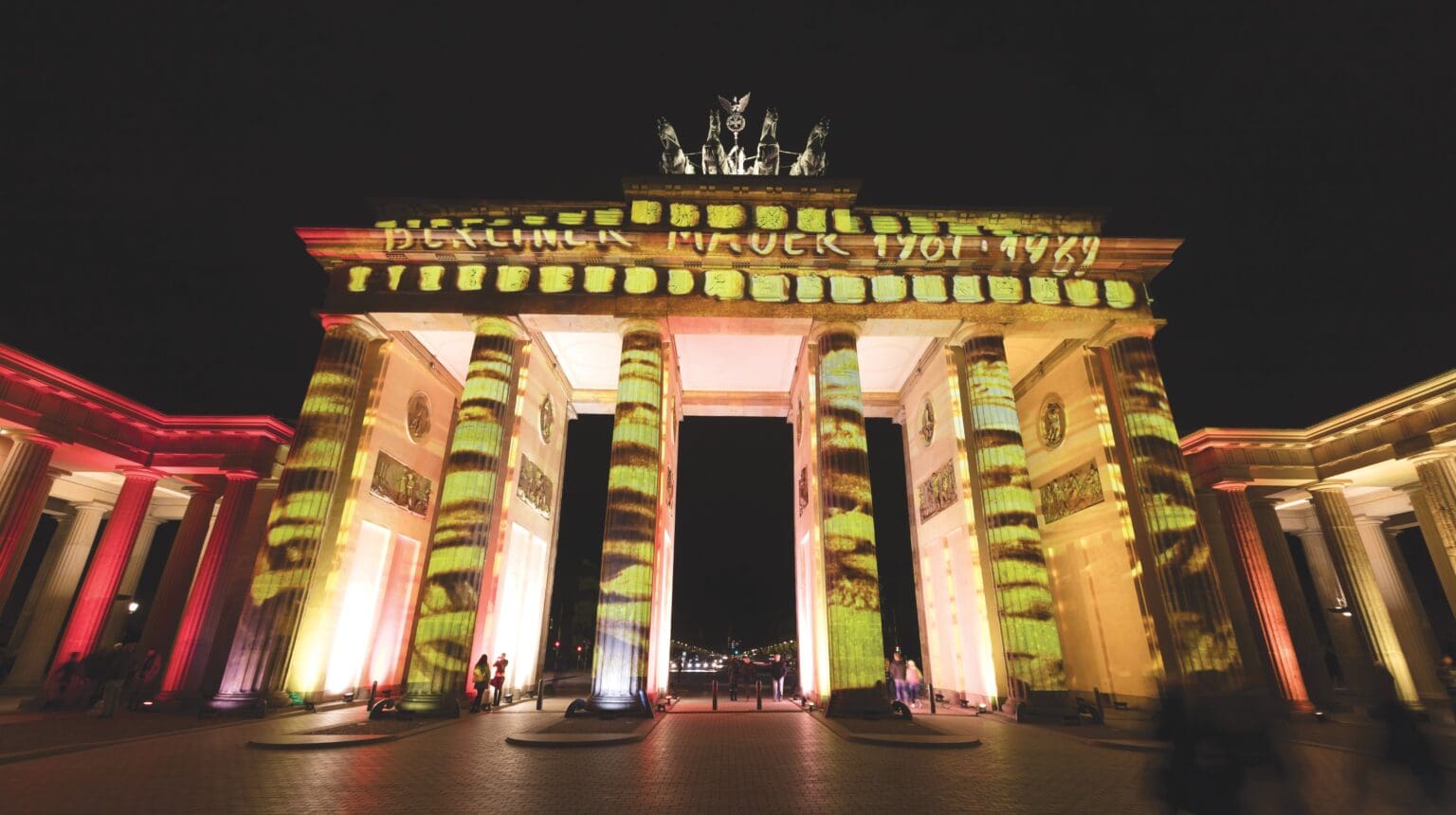
In general, the negative image of Hungary currently prevailing in Germany and Europe provides a summary explanatory model for why German conservatives have such reservations about Hungarian politics…When supporting Hungarian positions, German conservatives not only have to make significant discursive efforts, but sometimes also see the foundations of their own political projects as thereby threatened. The risk thus often seems too great for many.

The conservative position in the United States is that American exports should be ramped up to secure European energy stability and American influence, pushing back Russia’s own power across the continent while questioning the validity of the environmentalists’ alarmism in the process. While U.S. policy is already moving in such a direction through its increased LNG exports, a possible conservative administration in 2024 seems to have its agenda set to push the effort into overdrive.
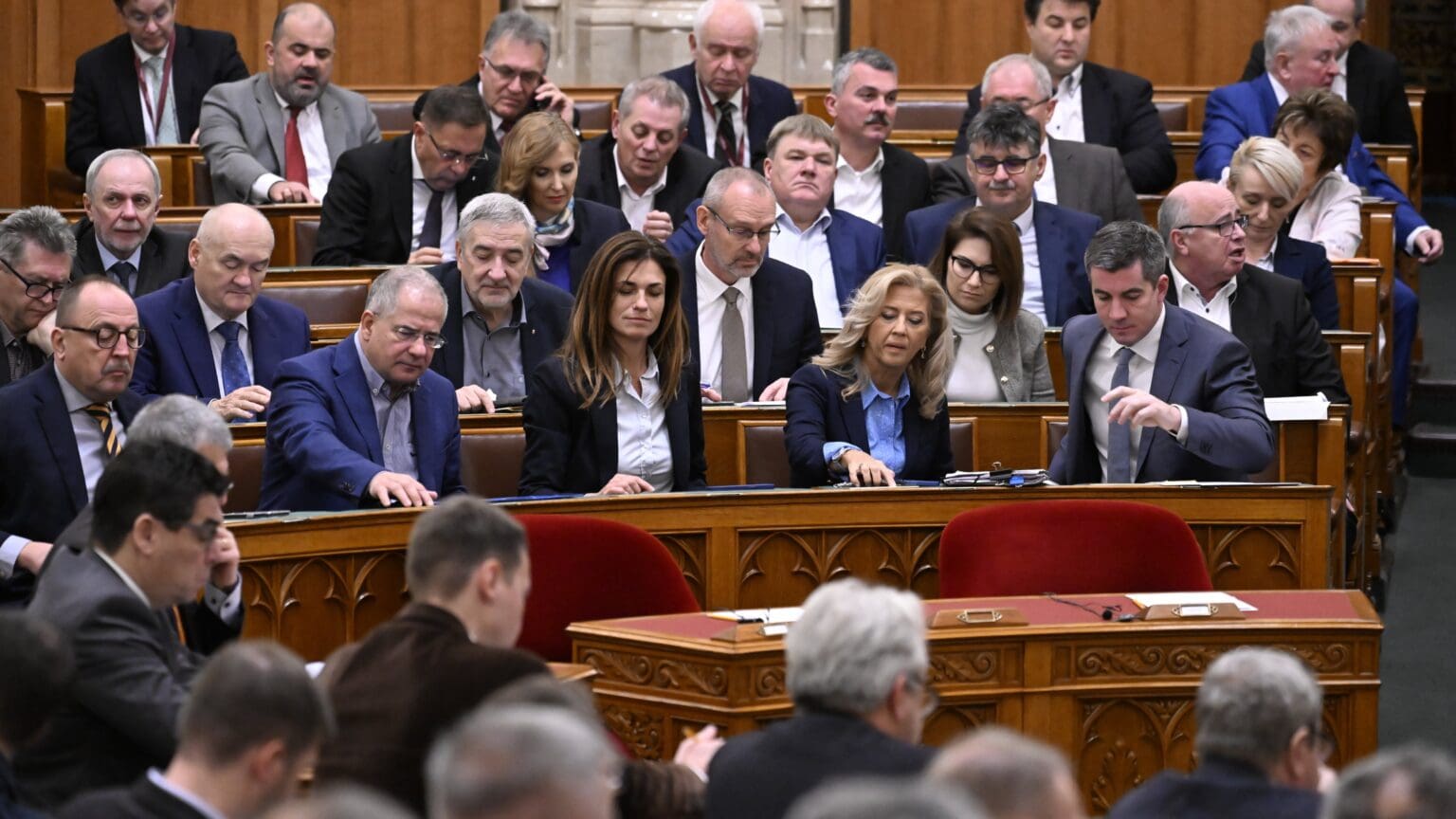
The Sovereignty Protection Office will operate independently from all Hungarian constitutional bodies. Its primary objective will involve identifying and probing actions related to disinformation and attempts to influence the decision-making processes of the state and society on behalf of foreign nations, bodies, or organizations. Additionally, it will scrutinize entities whose activities, funded from abroad, aim to sway elections or manipulate the preferences of voters.
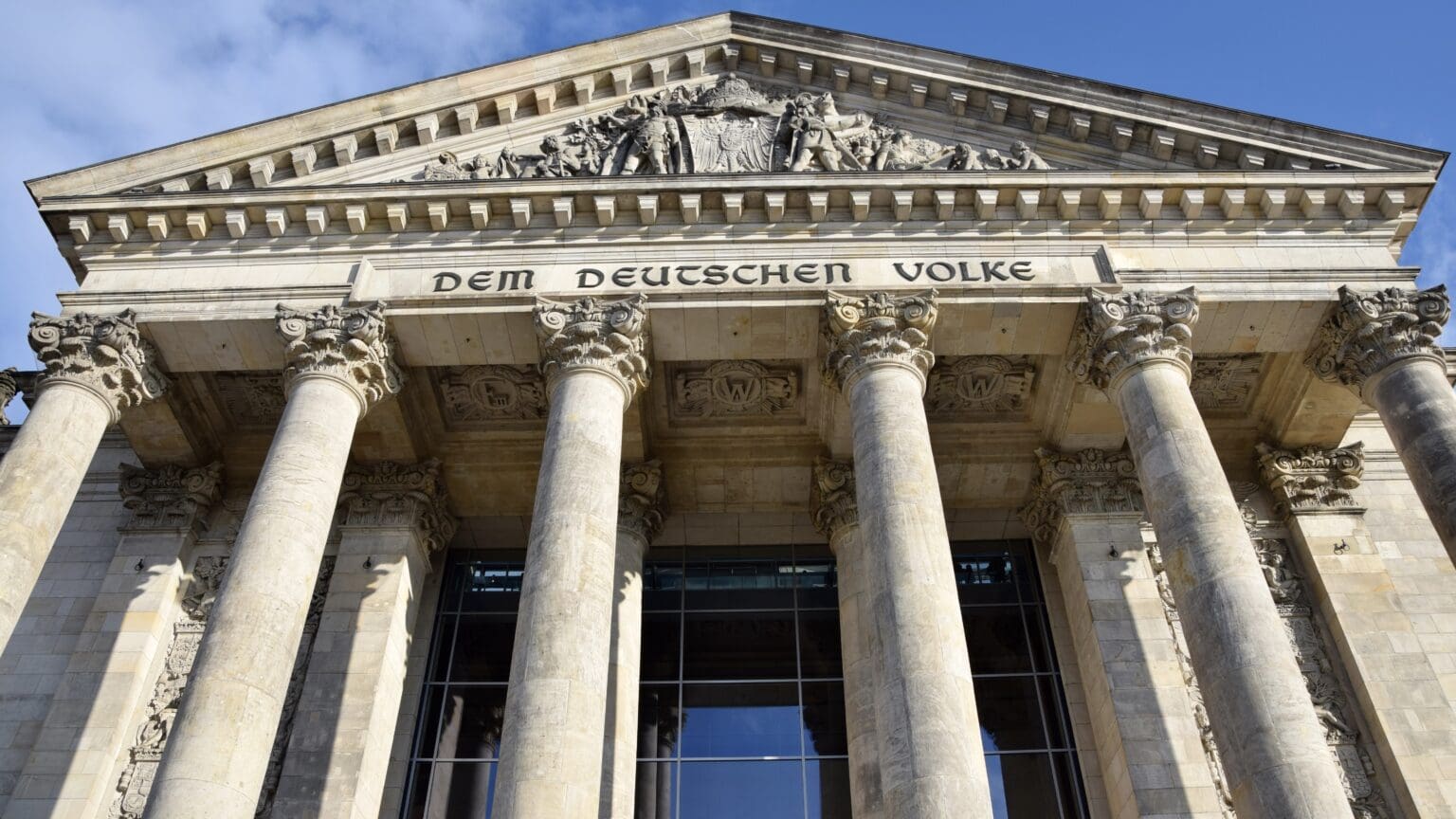
In a fast-track procedure, the left-wing governing majority of Germany has recently amended the electoral law in force since 1949. The biggest loser of this reform may be the current opposition: two opposition parties (CSU and The Left) could be dealt a fatal blow by the new legislation. Until now, this kind of procedure has been a real taboo in German political culture, which has always advocated for the need of consensus on every issue. The opposition is appealing to the Constitutional Court and will fight with all its might to abolish this new electoral reform.
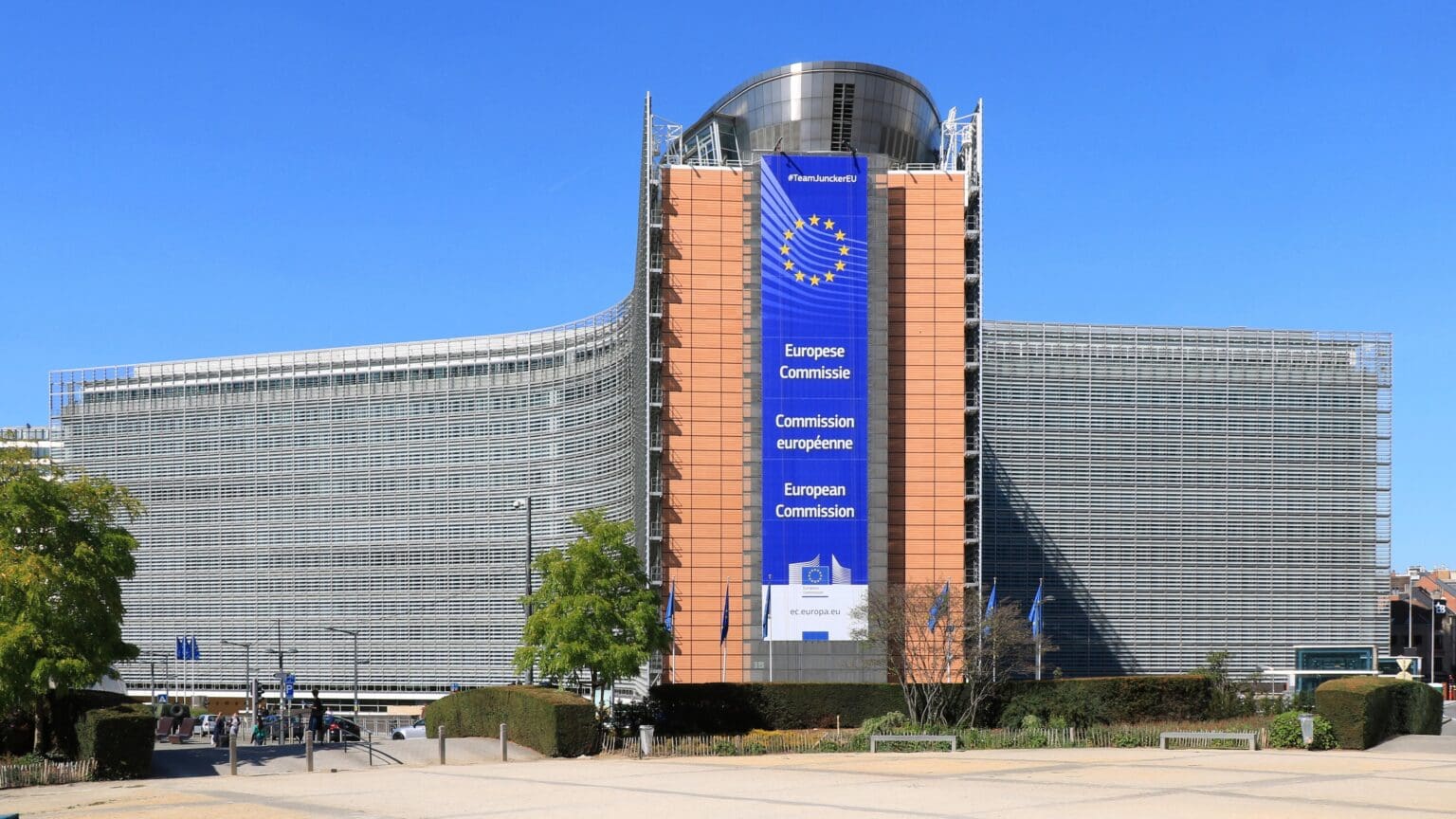
It is important to point out that, despite the extensive media coverage dedicated to the matter, Hungary is not one of the countries with the highest number of infringement proceedings. The Commission’s report on monitoring the application of EU law during 2022 shows that Hungary in fact occupies a mid-range place among Member States.
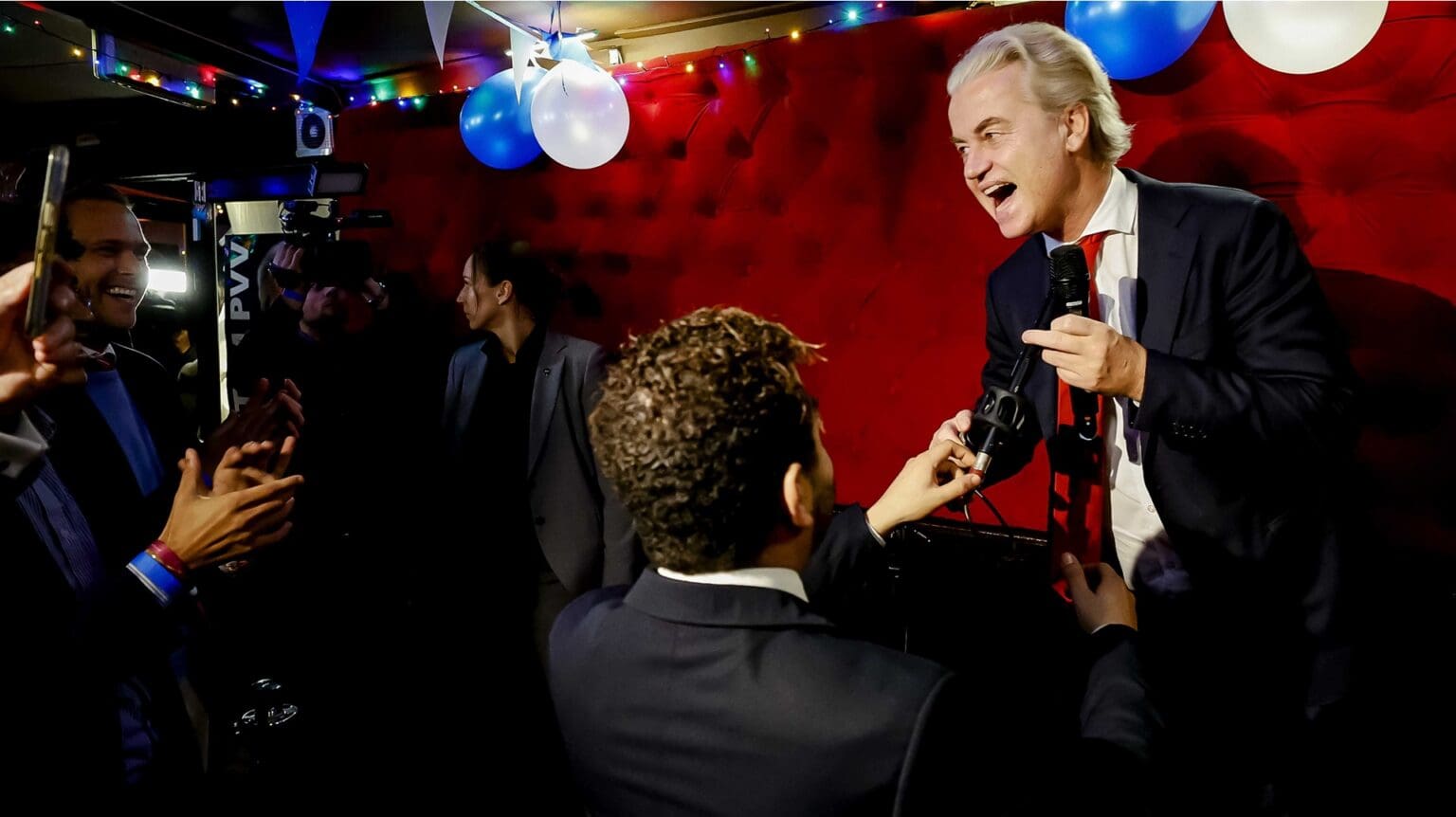
The populist right-wing PVV party, known for its anti-immigration and Eurosceptic stances, won by far the most seats in the Dutch House of Representatives, 37, and got the largest share of the popular vote, 23.5 per cent, as well in last night’s special election. Party leader Geert Wilders is a long-time ally of Prime Minister Viktor Orbán of Hungary.
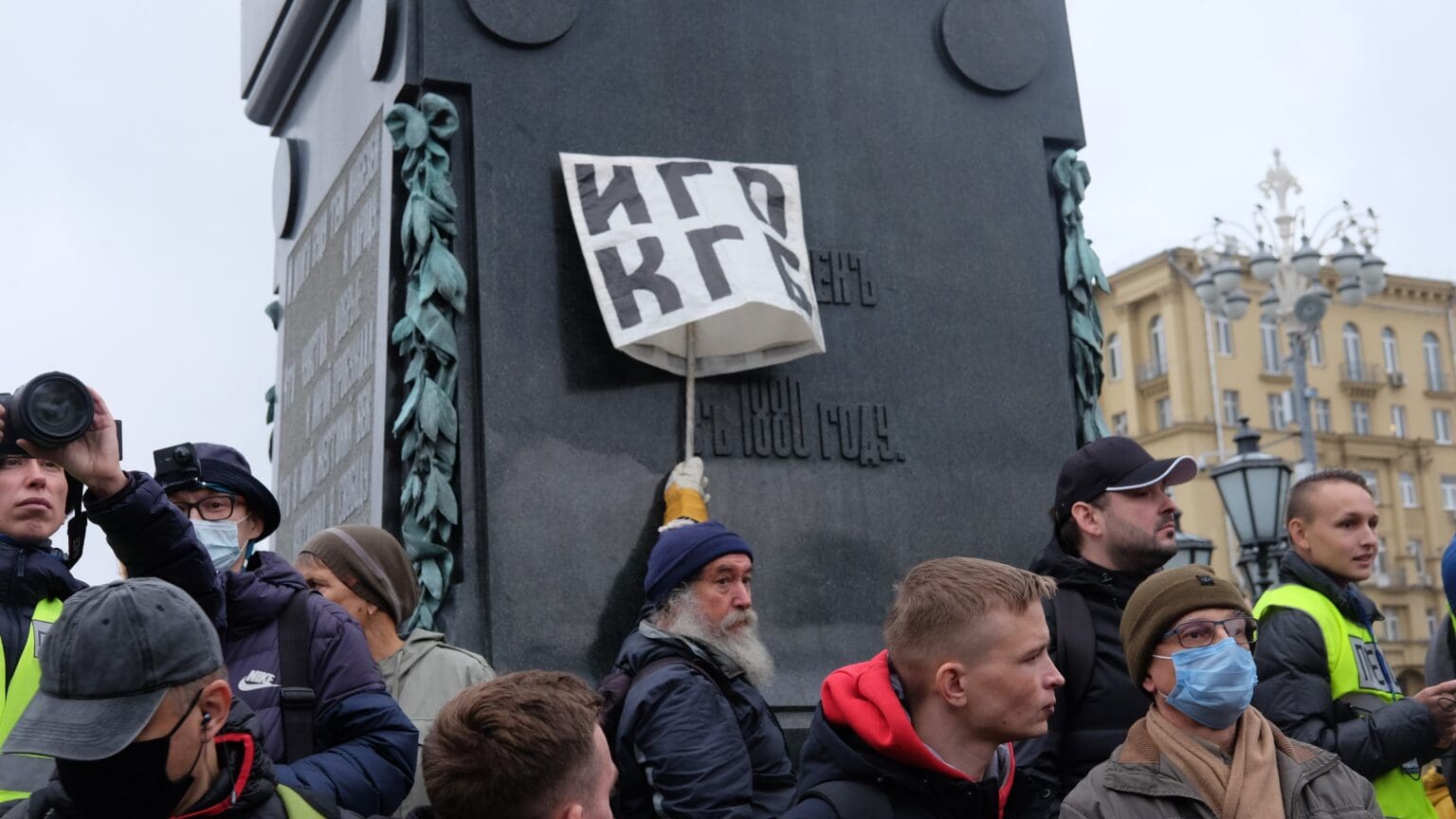
No surprises expected: the Kremlin is preparing for the 2024 presidential elections with hand-picked candidates and restrictions.

Hungarian Conservative is a quarterly magazine on contemporary political, philosophical and cultural issues from a conservative perspective.